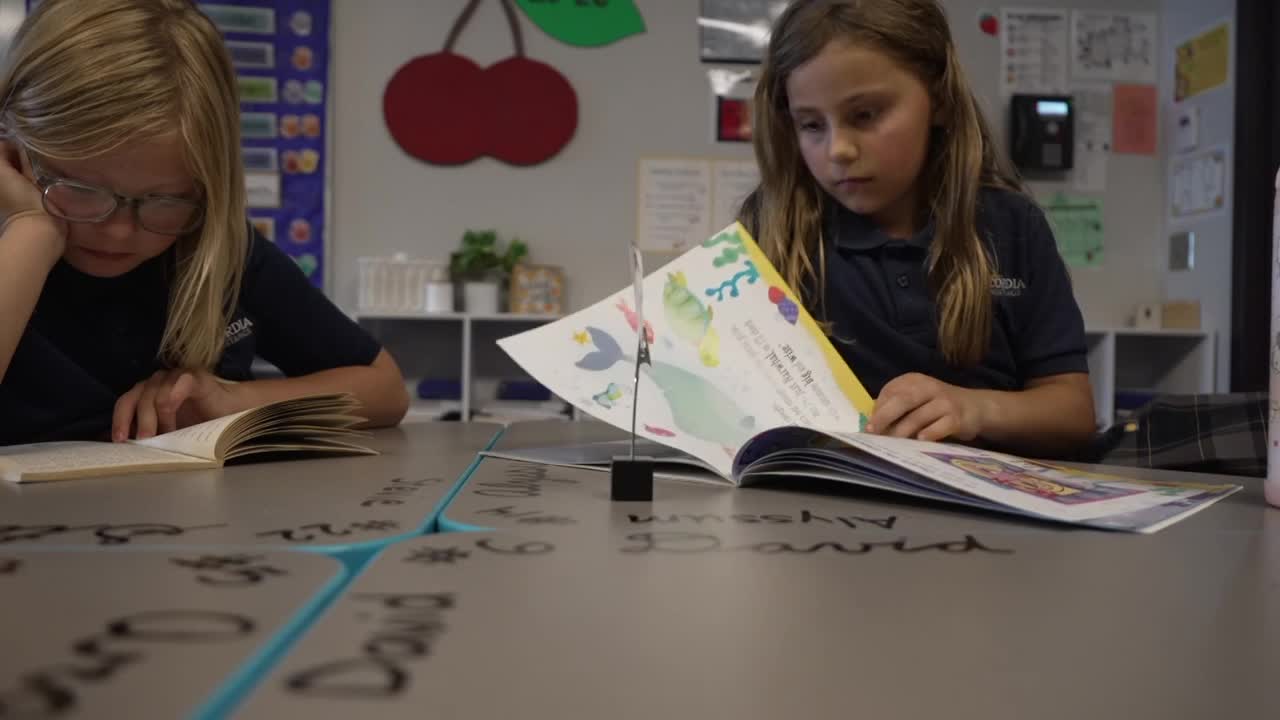LINCOLN — LINCOLN, Neb. (KMTV) — New UNL study examines the challenging transition from 2nd to 3rd grade. Research aims to help students succeed in math and develop positive attitudes toward learning.
- When kids enter third grade, a new level of challenges emerges, ones that teachers at Concordia Elementary know well.
- Developmental psychologist Dr. Jenna Finch with UNL received a grant to conduct the study.
- At the conclusion of the study, Finch hopes to create a summer program where kids can preview third-grade content and parents can get helpful information to support their children through the transition.
BROADCAST TRANSCRIPT:
From “learning to read” to “reading to learn," multiplication, division, fractions. These skills are all introduced in third grade, and they can be challenging for some students. Until now, the transition from second to third grade hasn’t been studied, but one University of Nebraska–Lincoln professor is looking to change that.
When kids enter third grade, a new level of challenges emerges, ones that teachers at Concordia Elementary know well.
“They have this desire to be grown-up kids,” said Jenny Carlson, a third grade teacher at Concordia.
“I have kids who are just ready to go with it, and then I have the kids where it starts to get a little bit hard. Then they might feel tempted to stop and not continue,” said Sarah Love, another third grade teacher at Concordia.
This transition from second to third grade is a big one and it’s what developmental psychologist Dr. Jenna Finch with UNL became interested in after working on previous studies with elementary-aged children.
“I was actually able to ask students, their parents and their teachers about the second- to third-grade transition. We interviewed the kids and asked, ‘How is third grade different than second grade?’ They had a lot to say, and almost all of them said it was a big difference,” Finch said.
Recently, Finch received a grant that will fund her research on this study for five years.
“It’s really important to do this work to know what benefits students’ learning and where we’re going to need to support students,” she said.
The study will explore how children’s behaviors and emotions tie into their achievements and attitudes — specifically toward math.
Why? Because early math achievement and positive attitudes are linked to long-term success in STEM fields.
“And we know from the research that kids’ attitude toward school and math are decreasing starting in about third grade and all the way through middle school, but we don’t really know why,” Finch said.
If your child is making the transition this year, Carlson has some advice.
“Be really patient and understanding with them. We’re giving them a lot these first weeks of school, and they can be overwhelmed. It’s long days they’re not used to having,” she said.
At the conclusion of the study, Finch hopes to create a summer program where kids can preview third-grade content and parents can get helpful information to support their children through the transition.




